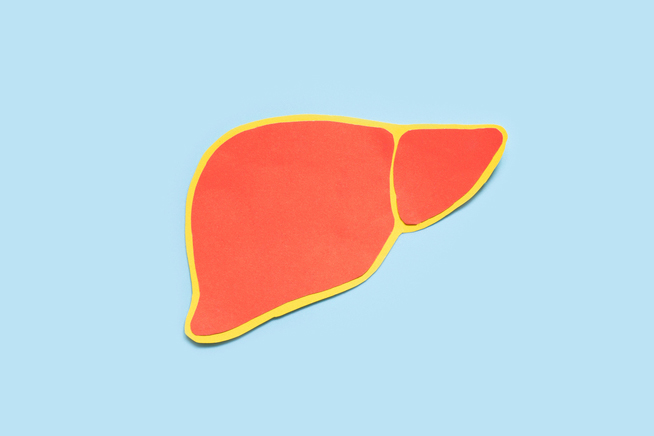Early Signs and Symptoms of Liver Cancer

The American Cancer Society predict that around 30,230 people in the United States will die from liver cancer in 2021. Worldwide, liver cancer is the sixth most common type of cancer. It occurs almost twice as often in men than it does in women, though the reasons for this are not fully understood.
The liver is the body’s largest internal organ, which is responsible for processing certain nutrients and cleansing toxins from the blood stream. Liver cancer develops when unhealthy cells in this organ start to reproduce, eventually forming tumors. The disease is extremely deadly when it goes untreated, and may ultimately spread to other parts of the body.
Signs and Symptoms
No two cases of liver cancer present with exactly the same symptoms. However, the following are common symptoms associated with the disease:
- Unexplained weight loss
- Not feeling hungry
- Sickness or vomiting
- Feeling uncomfortably full after eating
- Yellowed skin (jaundice)
- Itching anywhere on the skin
- Pain on the right side of the abdomen
The following liver cancer symptoms occur less frequently:
- Enlarged veins on the abdomen
- Fever
- Easy bruising
- Abnormal bleeding
Keep in mind that there are other, less harmful conditions which could also be responsible for these symptoms.
Risk Factors
These risk factors are associated with liver cancer:
- Consuming aflatoxin contaminated foods
- Smoking cigarettes
- Drinking alcohol
- Being obese
- Hepatitis B or Hepatitis C infections
- Scarring of the liver (typically caused by long-term alcohol abuse)
- Hemochromatosis
Diagnosing Liver Cancer
There are a variety of different procedures your doctor may use to test for liver cancer. Initially, they will conduct a blood test to check for markers that reveal abnormal liver function. The may also use imaging tests to check for suspect growths, which may include an ultrasound, CT scan or MRI.
If a mass on the liver is identified, your doctor will take a small sample of tissue for testing, using a thin needle and a local anesthetic. This test (known as a biopsy) will reveal whether or not the sample cells are cancerous.
Treatment Options
How doctors choose to treat liver cancer will depend on the type and stage of the disease. This will help to rule out or highlight treatments accordingly, based on which of the following three categories the cancer falls into:
- Potentially resectable cancer (cancer that can be removed while leaving sufficient healthy liver tissue)
- Cancer that cannot be surgically removed, but is contained to the liver
- Cancer that cannot be removed and has spread to other tissues (advanced liver cancer)
Surgery is the clear option for liver cancer that can be removed. Chemotherapy, radiation therapy and immunotherapy may be recommended for inoperable cancers. Depending on the cancer’s advancement, these therapies may eradicate cancerous tissue or simply be used to extend a patient’s lifespan.
Next Steps
If you or a member of your family are suffering with symptoms that are associated with liver cancer, make an appointment with your doctor at the earliest opportunity. Remember that there is no need to panic if you are experiencing symptoms, as they can also be caused by dozens of other conditions that are not life threatening. However, if it is cancer, delaying diagnosis delays treatment, which will reduce the likelihood that treatment is successful.